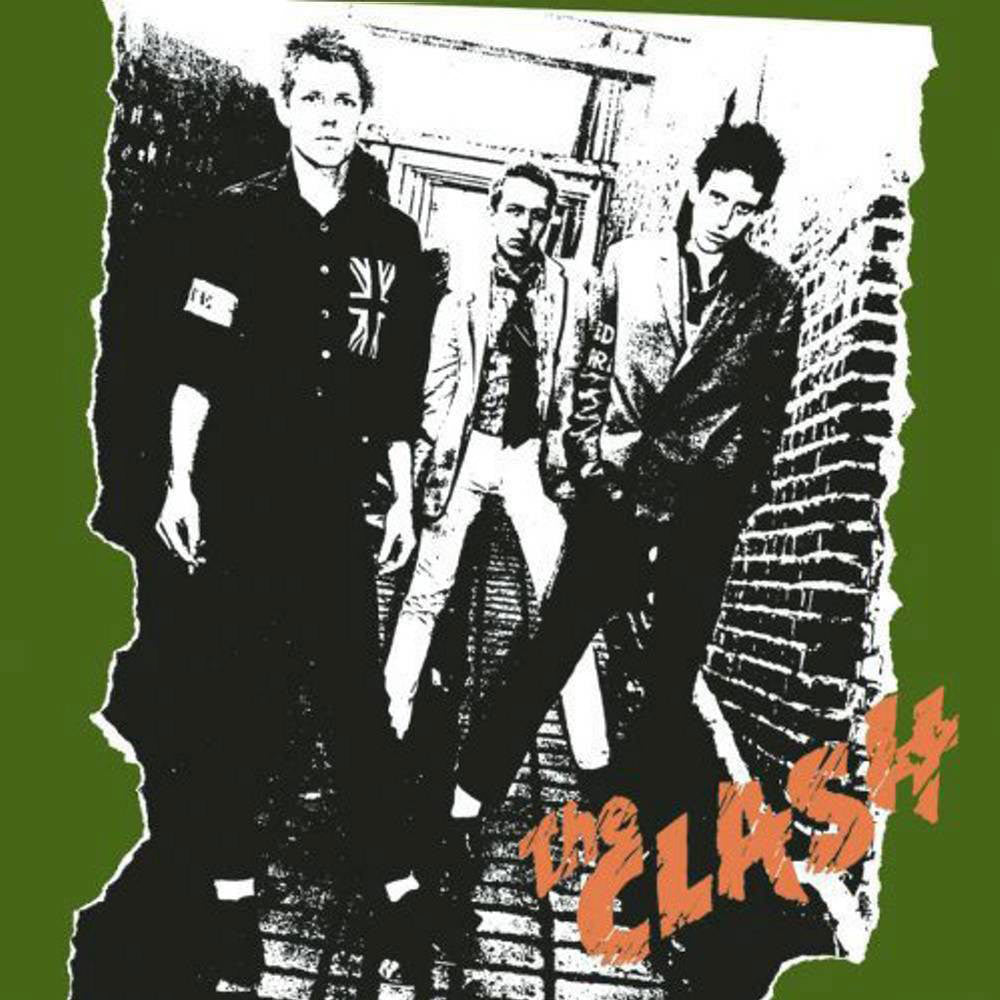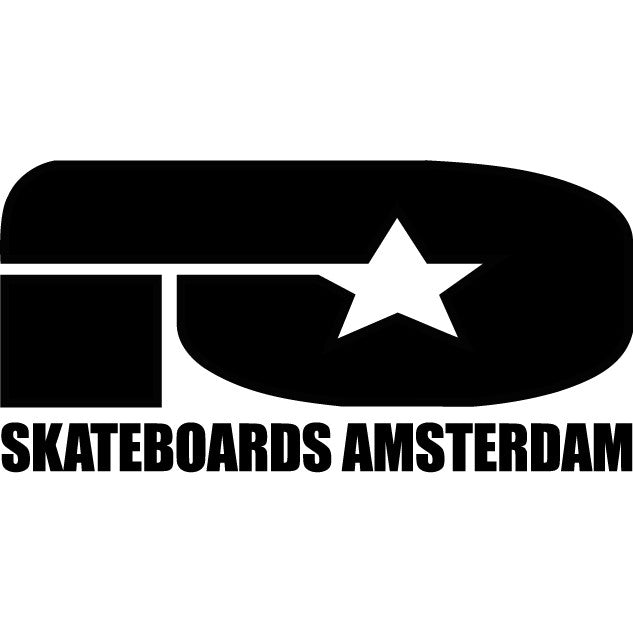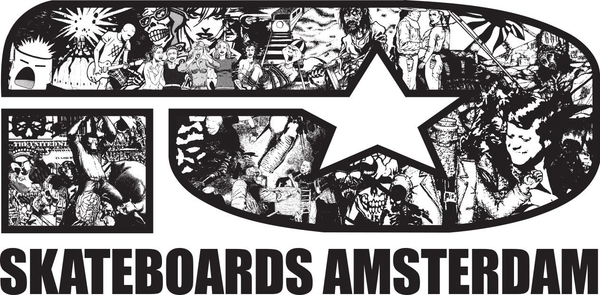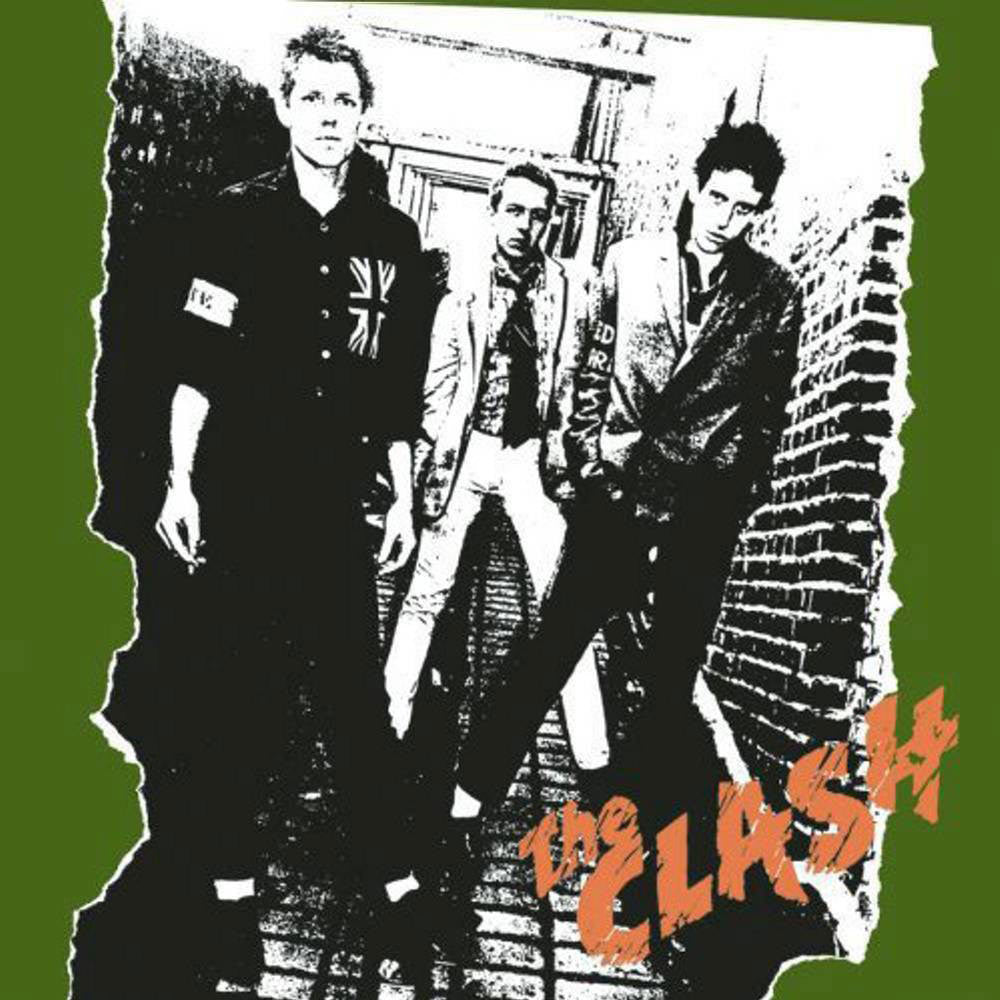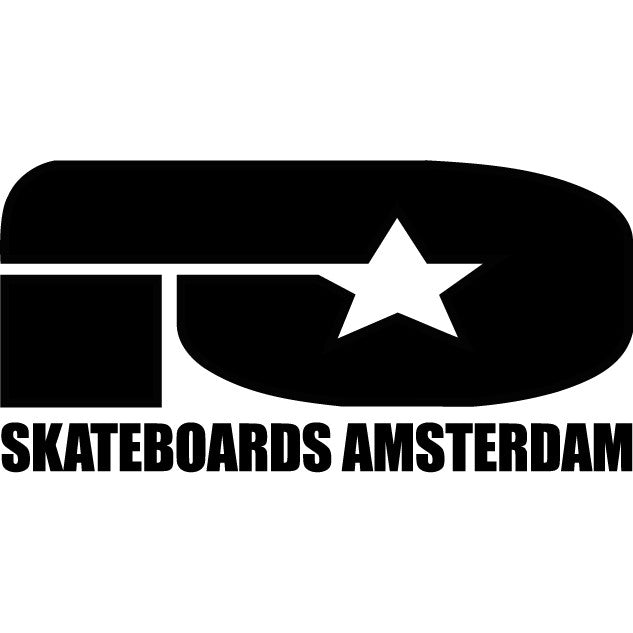Clash-S/T
Clash-S/T
Couldn't load pickup availability
The Clash is the eponymous debut studio album by English punk rock band the Clash. It was released on 8 April 1977, through CBS Records. It is widely celebrated as one of the greatest punk albums of all time. Most of the album was conceived on the 18th floor of a council high rise on London's Harrow Road, in a flat that was rented by Mick Jones's grandmother, who frequently went to see their live concerts. The album was recorded over three weekend sessions at CBS Studio 3 in February 1977. By the third of these sessions the album was recorded and mixed to completion, with the tapes being delivered to CBS at the start of March. It cost £4000 to produce.
The cover artwork was designed by Polish artist Rosław Szaybo. The album's front cover photo, shot by Kate Simon, was taken in the alleyway directly opposite the front door of the band's 'Rehearsal Rehearsals' building in Camden Market. Drummer Terry Chimes, though a full member of the Clash at the time, did not appear in the picture as he had already decided to leave the group.
The picture of the charging police officers on the rear, shot by Rocco Macauly, was taken during the 1976 riot at the Notting Hill Carnival—the inspiration for the track "White Riot".
The subject of the opening track, "Janie Jones", was a famous brothel keeper in London during the 1970s.
"Remote Control" was written by Mick Jones after the Anarchy Tour and contains pointed observations about the civic hall bureaucrats who had cancelled concerts, the police, big business and especially record companies. CBS decided to release the song as a single without consulting the band.
"I'm So Bored with the USA", developed from a Mick Jones song, entitled "I'm So Bored with You", condemns the Americanization of the UK.
"White Riot" was the Clash's debut single. The song is short and intense, punk style of two chords played very fast (5 chords in total song). Lyrically, it is about class economics and race.
"Career Opportunities", the opening track of the second side of the album, attacks the political and economic situation in England at the time, citing the lack of jobs available, and the dreariness and lack of appeal of those that were available.
"Protex Blue", sung by Mick Jones, is about a 1970s brand of condom. It was inspired by the contraceptive vending machine in the Windsor Castle's toilets. The song ends with the shouted phrase "Johnny Johnny!", (rubber) johnny being a British slang term for a condom.
The version of "White Riot" featured on here was not recorded for the album. Instead, they used the original demo version, recorded at Beaconsfield Studios before the band signed to CBS.
"Police & Thieves" was added to the album when the group realised that the track listing was too short.
"Garageland" was written in response to Charles Shaar Murray's damning review of the Clash's early appearance at the Sex Pistols Screen on the Green concert – "The Clash are the kind of garage band who should be returned to the garage immediately, preferably with the engine running". It was the final track recorded for the album.
